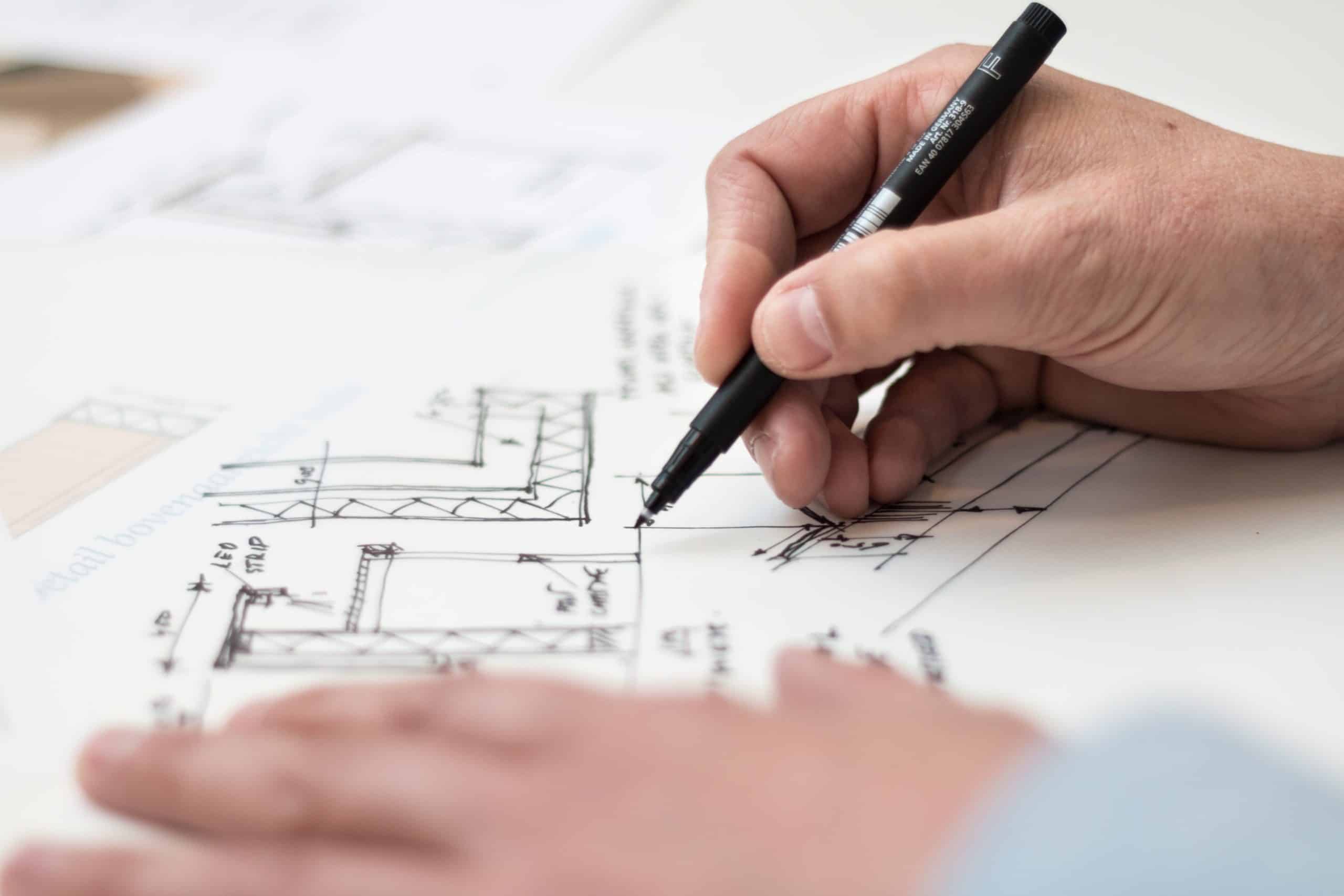
Job Profile
Electrical Designer
An Electrical Designer is a professional who designs, analyzes and optimizes electrical systems. He or she creates schematics, selects components, and ensures proper wiring to ensure the functionality and safety of electrical systems.
Electrical Designer Job Profile
What Does An Electrical Designer Do?
An Electrical Designer plans, repairs, and maintains electrical systems. Their field of expertise is broad. With the appropriate education, this professional is skilled in dealing with high-voltage power, household electricity, and information electronics equally. However, achieving this level of qualification requires significant training. Handling electrical power is heavily regulated. It is important to know, however, that the title “electrical designer” is not protected. If you intend to work in this field, you should choose a qualification that leads to a recognized title.
Professions Related To Electrical Design
The word “Electrical Designer” describes someone who can handle power lines and connected equipment. These professions are recognized in this profession:
- Electrical Installer
- Electronics Technician
- State-certified Master or Technician in Electrical Installation
- Electrical Engineering Bachelor’s or Master’s degree
On a technical level, you need to differentiate between “Electrical” and “Electronics.” An Electrical Installer works with power lines, consumers, and power-generating generators. On the other hand, an Electronics Technician deals with small electrical circuits. There are areas where both professions overlap, such as in control cabinet construction. It’s essential to know that you are only allowed to work within the field you have been trained for. In the field of electrical engineering, almost every task requires specific training. For example, it’s generally acceptable for regular homeowners to change a light bulb. However, installing light switches and outlets already falls under strict regulations, and doing it yourself can void insurance coverage in case of damages.
How To Become An Electrical Designer?
A vocational training as an Electrical Installer or Electronics Technician serves as an excellent foundation for further career advancement in this industry. You don’t need a high school diploma (Abitur) for either of these vocations and can start the training at the age of 16 with a good school leaving certificate. Many individuals who have completed one of these crafts immediately pursue further education to become a state-certified Technician. This part-time/evening school education takes around four years. With the certificate as an Electrical Technician, you also have the equivalent of a Fachabitur (vocational high school diploma) and can pursue a Bachelor’s degree. After three years, you will have a Bachelor’s degree, and after an additional two years, you can obtain a Master’s degree, which will put you in a relatively high position in the field.
Of course, you can also take the traditional route and pursue a degree in electrical engineering after completing the standard high school diploma (Abitur). However, your colleagues who have chosen the “more thorough” path will likely have a much broader knowledge base and better career prospects. Companies that offer dual study programs typically prefer applicants who have already acquired practical qualifications.
The third option is to enroll in a Dual Study Program. In this case, you work for a company while studying at the same time. This not only provides you with a good income but also allows you to gain valuable work experience.
Like any engineering profession, studying electrical engineering involves a strong focus on mathematics and physics. Therefore, you should be comfortable working with numbers.
Find qualified Electrical Designer.
Programming Is Part Of It
The handling of software is a skill that is becoming increasingly important. Even an Electrical Installer needs to know how to program applications today. The higher your educational goal, the more important this skill becomes. What starts with programming Smart Homes and PLCs will lead you to simulations and calculation software during your studies, which can be highly demanding. If you master these tools, they become as essential as a multimeter or soldering iron.
Broad Field Of Work
As ubiquitous as electrical power is, the demand for electrical professionals who can also design is equally high. Every electrical circuit requires careful planning, otherwise, failures and major damages can occur. This applies to small circuit boards as well as to a company’s power grid. As an Electrical Designer, you essentially have two tasks:
- Planning an electrical circuit
- Controlling the execution
Whether you are planning a small circuit board or a complex plant control system, attention to detail and result verification are always required. Having hands-on experience can be very helpful as it allows you to plan a circuit in a way that the technicians can efficiently assemble it.
In general, an Electrical Designer is needed wherever electricity flows. It begins with wiring small, battery-operated electrical devices and ends with complex plant control systems with many connected machines. As the tasks become larger, they are also distributed among multiple individuals. Therefore, teamwork and, if necessary, leadership skills are also required. As an Electrical Designer, you must be capable of taking the lead in a project and bringing it to a successful conclusion. Assertiveness
Good Earning Opportunities
The salary of an Electrical Designer is roughly comparable to that of a mechanical engineer. Similar qualification levels have similar starting salaries in both professions. However, these figures are only approximate guidelines. Companies are eager to retain experienced, reliable, and highly qualified employees, so during times of skill shortages, you have the advantage. Realistically, as a freshly trained technician or BA engineer, you can expect a gross salary of around 3800 euros. Within two to three years, this should quickly increase to 5000 euros, or else another company might try to poach you.
As an MA engineer, you might have a slightly higher starting salary, but it comes with a later entry point. The salary ceiling is open-ended and depends on your negotiation skills. The important thing is to complete your projects within the given time and budget frames and ensure they work effectively in the end.
Future Perspectives For The Electrical Designer
The future prospects for a qualified, motivated, and talented Electrical Designer could hardly be better. This field of expertise is in high demand internationally, making it an excellent opportunity to spend a few years working abroad. This experience can greatly enhance one’s career value.
One aspect that an Electrical Designer must keep in mind is the growing capabilities of artificial intelligence (AI). Currently, AI implementation is still in its early stages, and many questions remain to be answered. However, one thing is certain: wherever AI can be employed, it will take over tasks. For the Electrical Designer, this is both a curse and a blessing. On one hand, AI will soon be able to handle routine tasks that might slow down a skilled electrical engineer in their creative work.
On the other hand, overall workload may decrease. Nevertheless, just as the engineering profession survived the transition from paper and ink to CAD software, resulting in a tremendous increase in productivity and demand for new specialists, it is expected that AI will provide similar impulses. Nonetheless, you should closely monitor developments in AI and use them to your advantage wherever possible. This way, you maintain a competitive advantage that can be crucial and important.
Ideal Conditions For Entrepreneurship
A designer is always an inventor. Particularly capable Electrical Designers regularly impress with spectacular applications that no one had thought of before. Therefore, you can confidently expect that a stroke of genius will strike you too at some point. As a qualified Electrical Designer, you always have the audience on your side. Investor meetings and startup discussions become much easier with this background. All you need are your ideas and the courage to implement them.
What Does An Electrical Designer Need?
To be a good Electrical Designer, you need the following skills:
- Enthusiasm for the subject of “electrical power”
- Strong mathematical and physics understanding
- High quality awareness
- A healthy blend of adherence to norms and creativity
- Resourcefulness and a results-oriented approach
- Teamwork and assertiveness
- Willingness for lifelong learning.
Find Qualified Freelance-Experts.

Your Contact Person
Sören Elser
Co-founder of ElevateX GmbH and your contact for the strategic use of freelancers.
